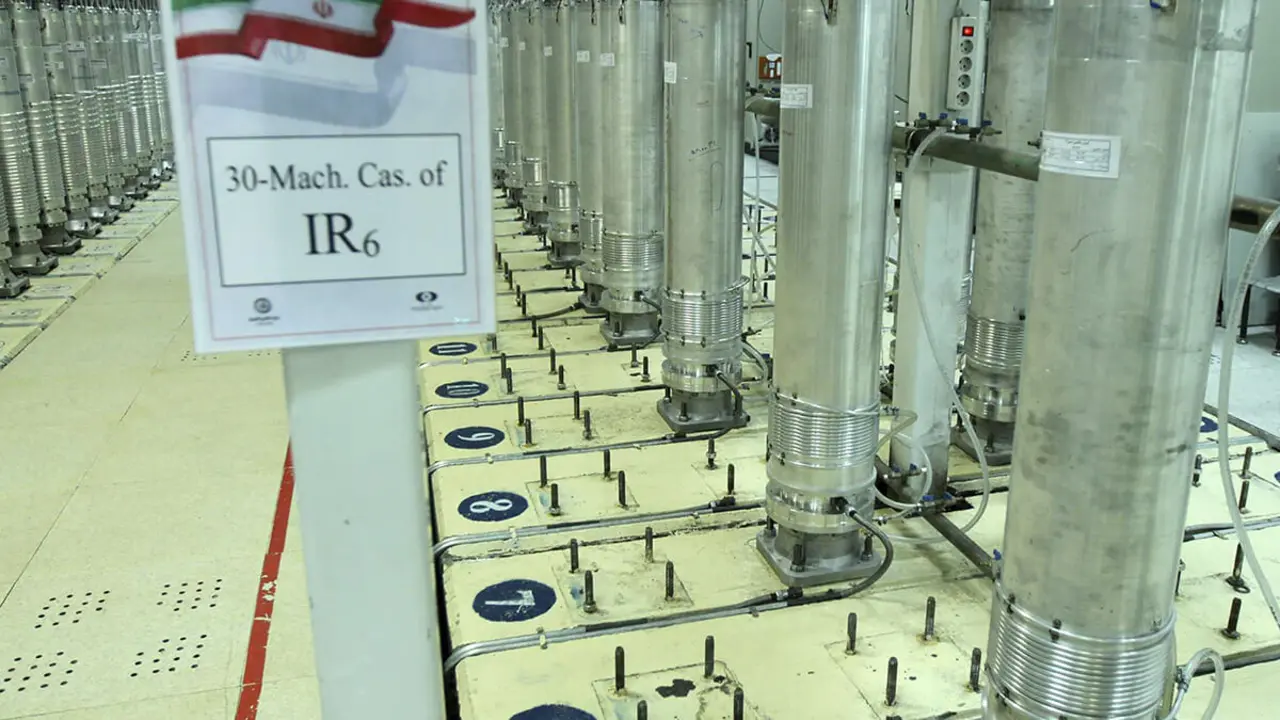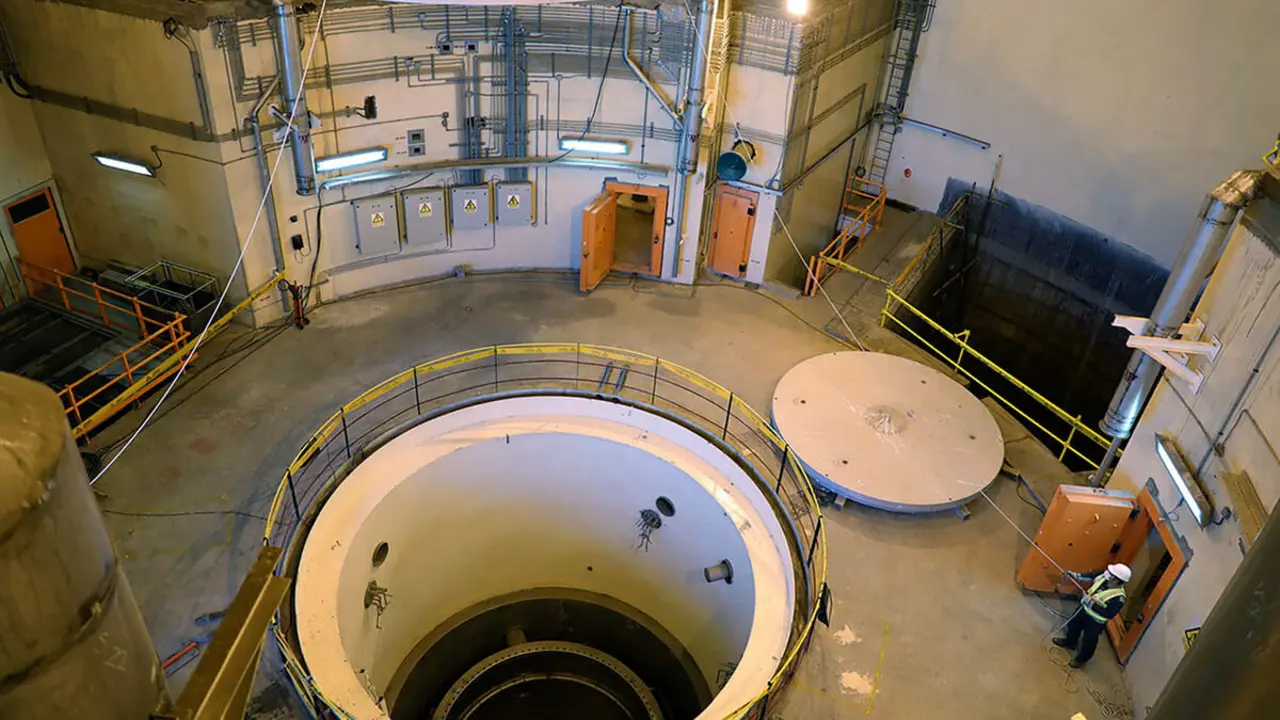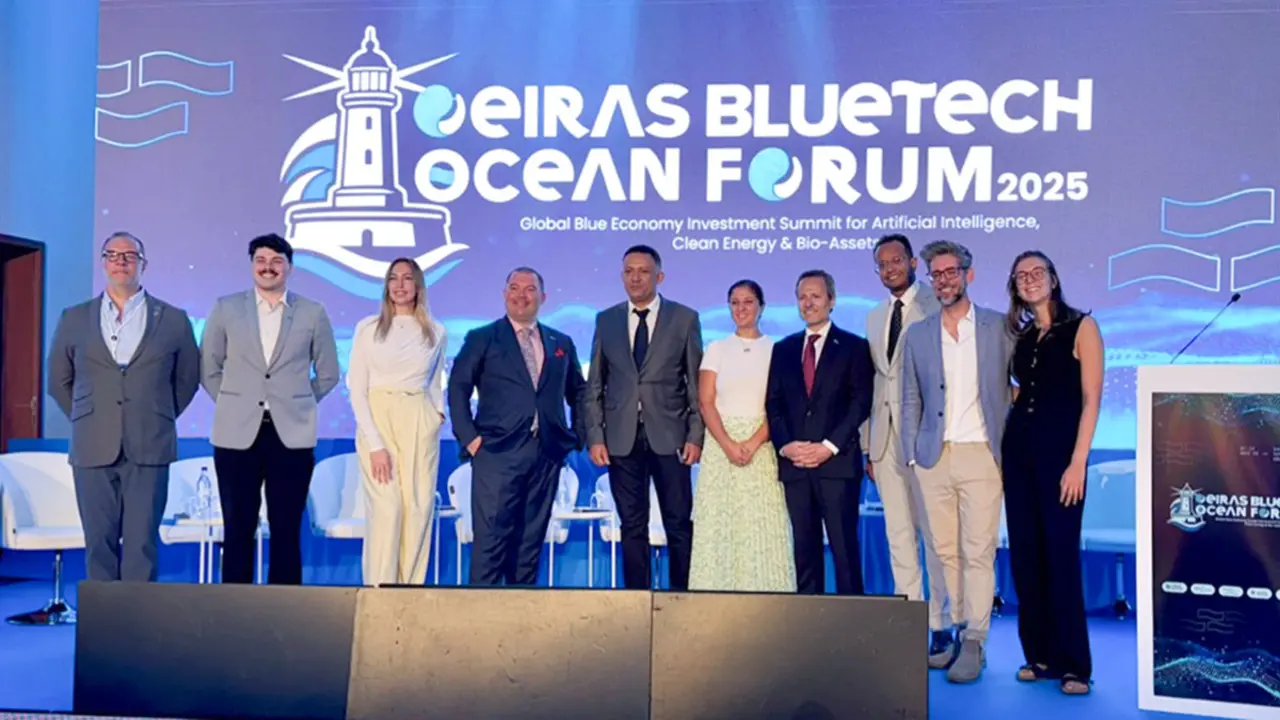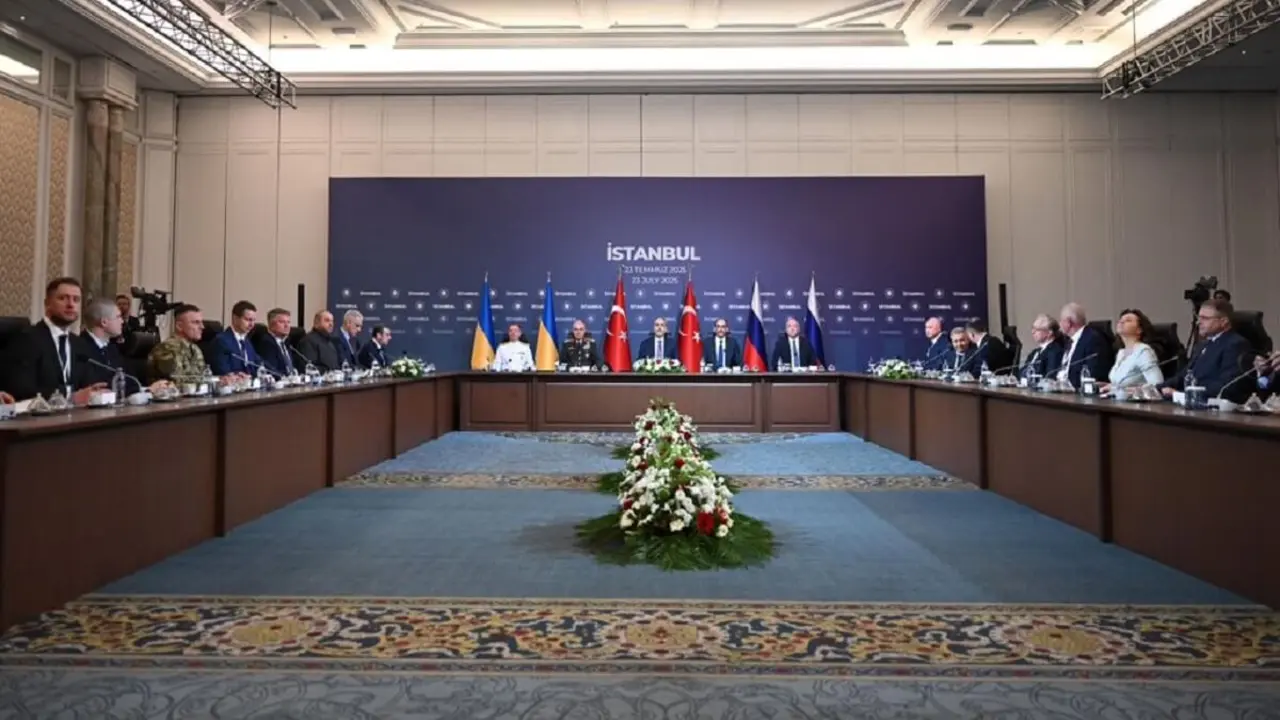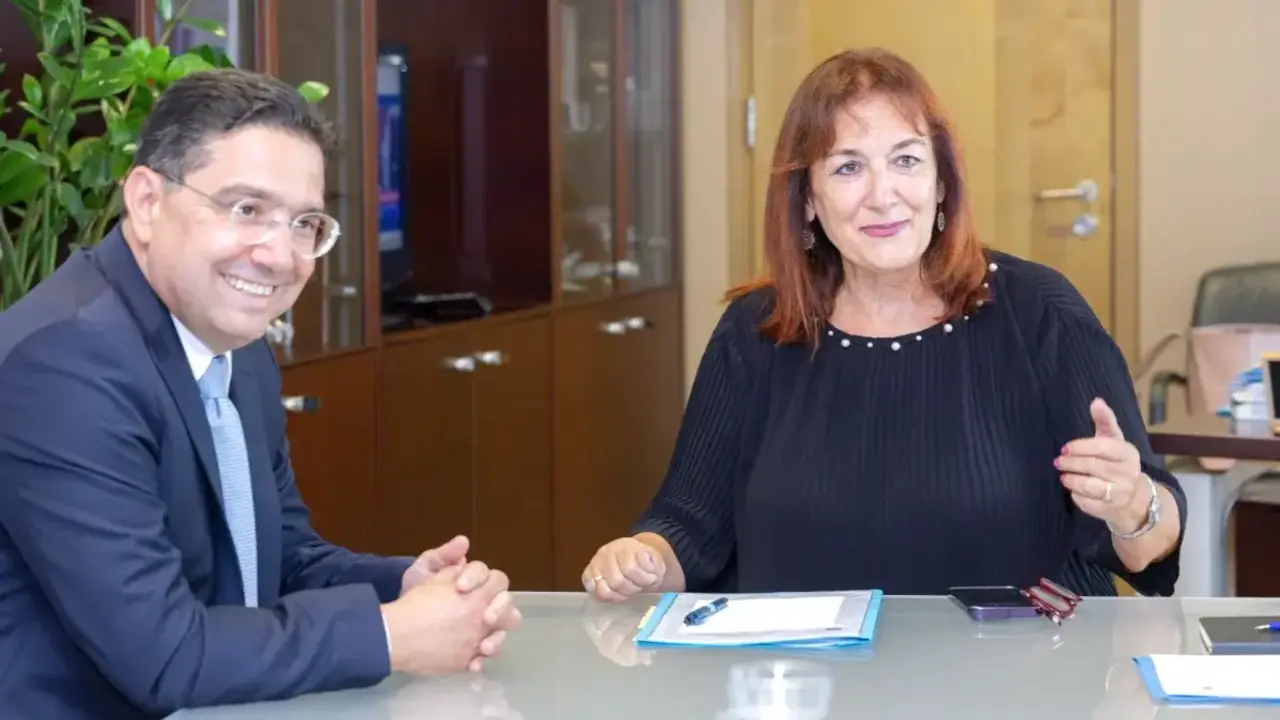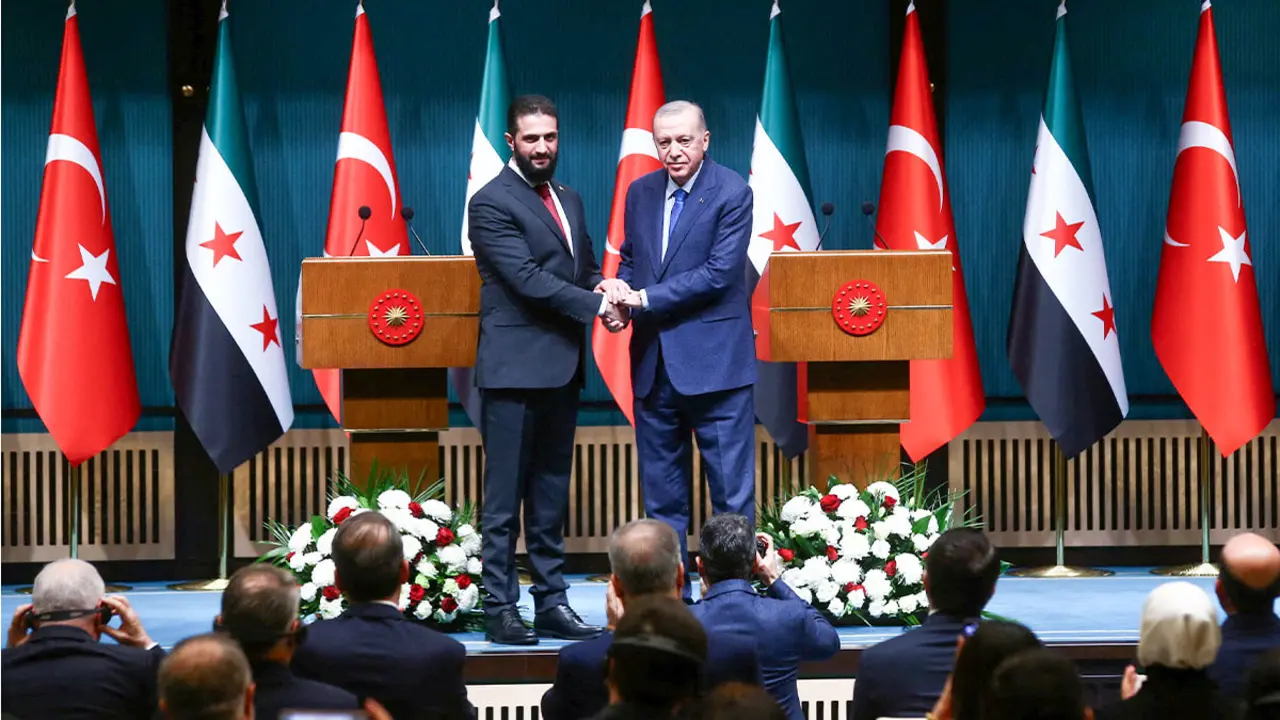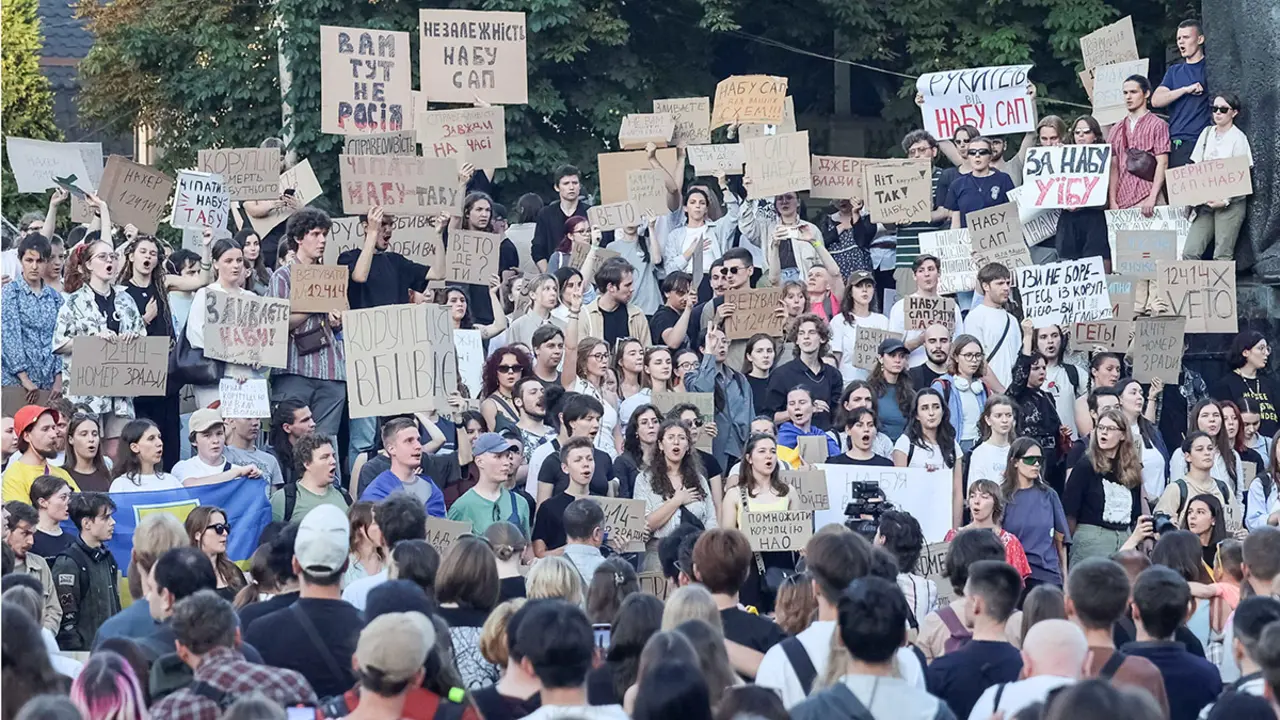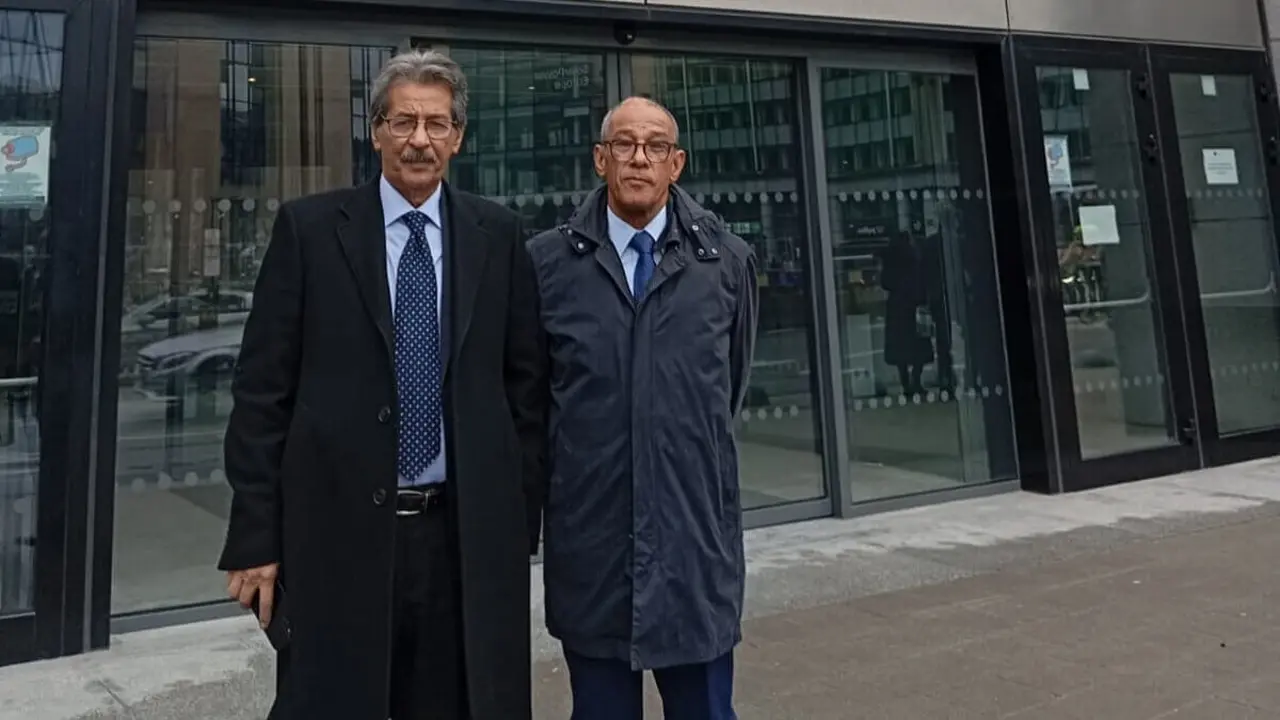Emirates' Ambassador to Spain: "No Arab conflict has a military solution"

UAE Ambassador to Spain Majid Hassan Mohammed H. Alsuwaidi, said that due to the long history of cooperation, brotherhood and friendship with the Libyan people, "UAE is committed to playing a constructive role in achieving peace and prosperity" in Libya, embroiled in a civil war since 2011, in which the Government of National Accord (GNA) and the National Liberation Army (LNA) are facing each other, in a virtual conference organized by the Foundation for Strategic and International Studies (FESEI).
He has also claimed they are determined to "prevent extremists from taking over Libyan natural resources, hydrocarbons and property", as the solution "must come exclusively from the Libyan people, not from foreign interference", in an implicit reference to the role played by Turkey and its mercenaries supporting the GNA dispute. "The extremist militias are the only ones who benefit from the current situation, because they take advantage of the power gaps, legal and otherwise, existing at the moment in Libya," he said.
The diplomat also addressed the war in Yemen, where they are fighting the government of Abd Rabbuh Mansur al-Hadi, supported by the Saudi Arabian-led Arab Coalition, and the Huthi militia. "We support a political solution and the process led by the United Nations and the United Nations' envoy in Yemen, Martin Griffiths," he said.
In this line, neither for Libya, nor for Yemen, nor for any of the conflicts in the Arab world is there a military solution, the ambassador stressed. "A negotiated political process that is inclusive and representative of the people must be worked on" in order to achieve peace and prosperity, which are the main objectives of Abu Dhabi's regional agenda.
In this regard, it has also claimed the active role played by the UAE in the fight against extremism and terrorism - especially that exercised by Al Qaeda in the Arabian Peninsula - which threaten regional stability. Only by combating these threats "can development come", the diplomat said. But this path to regional prosperity must also be supported by the delivery of humanitarian aid, which "is essential during these critical times. In the case of Yemen, for example, he explained that the UAE has sent $6 billion in humanitarian aid between 2015 and 2020, making the Gulf country one of the largest donors in the world. Emirati cooperation programmes currently benefit 140 countries around the world.
Special mention here for the coronavirus pandemic. The Ambassador recalled that the UAE has sent more than 1,079 metric tons of medical supplies to combat COVID-19 worldwide, which has helped more than one million health professionals in 72 countries. "Our aid programme is not conditioned by politics or anything else; it is free," he said, noting that Iran, for example, has received packages of UAE supplies.
Another issue addressed by the ambassador is the process of diversification in which the UAE is immersed, from dependence on hydrocarbons such as oil and gas - the Gulf country is the sixth largest exporter of these resources in the world - to a knowledge-based economy.
"We understand that oil is temporary, that's why we have to develop and always think about the future, that we have to constantly evolve. We have an energy source now, but who knows if we might be able to supply energy of another kind in the future," he said.
"In less than 50 years, we have managed to become one of the most attractive hubs in the region for doing business. We are connected to two-thirds of the world's population by flights of less than four hours," he said. "We are a meeting point for all people, all cultures and all religions," he said.
It is all part of the new vision that the Emirati authorities have adopted for the Middle East, based on "embracing diversity, encouraging innovation and empowering women". On this last point, the diplomat stressed that "what makes the UAE unique is how we have empowered women. People are not aware that women's rights are enshrined in our Constitution. They are the central element in building an innovative, modern and tolerant society". Some of the data he has provided in this regard include the fact that 70 per cent of university graduates in the Gulf country are women and that they represent up to 90 per cent of the nation's scientific body.
In this line, as an example, he has mentioned Mayam Rashid Al Shamsi, a woman leading the Emirate's mission to Mars, in which the Al-Amal probe (Esperanza, in Spanish) was launched last July 20 to investigate the atmosphere of the red planet, becoming the first Arab interplanetary mission. "Our leadership has always been geared towards empowering women," the ambassador stressed. He said that the launch of Al-Amal represents the UAE's vision: "the combination of progress and global collaboration".
The diplomat also noted the UAE's promotion of religious tolerance and inter-religious dialogue and highlighted Pope Francis' visit to the UAE in February 2019, which was a historic landmark for the region.
"Relations between the UAE and Spain are in a continuous process of growth," said the ambassador, who explained that the Gulf country is currently the 15th investor in our country in terms of FDI and that 81 Emirate companies are currently operating in Spanish territory, employing more than 9,000 nationals. "Our relationship with Spain at this time is the best we have ever had," concluded Majid Hassan Mohammed H. Alsuwaidi.

